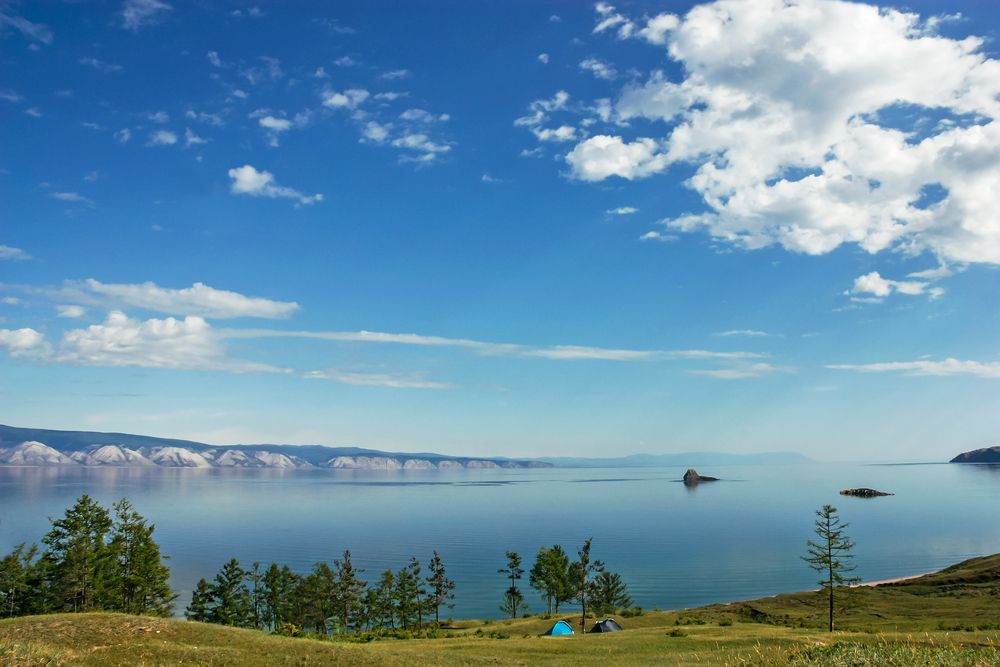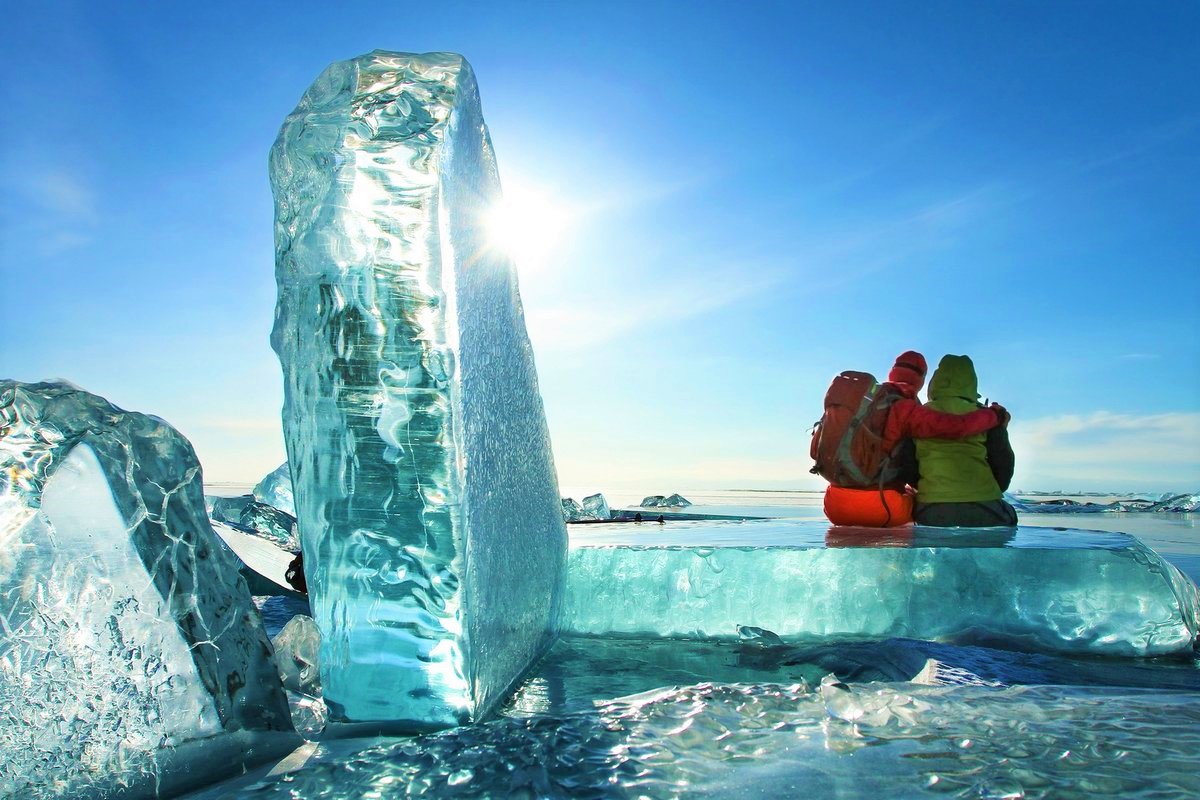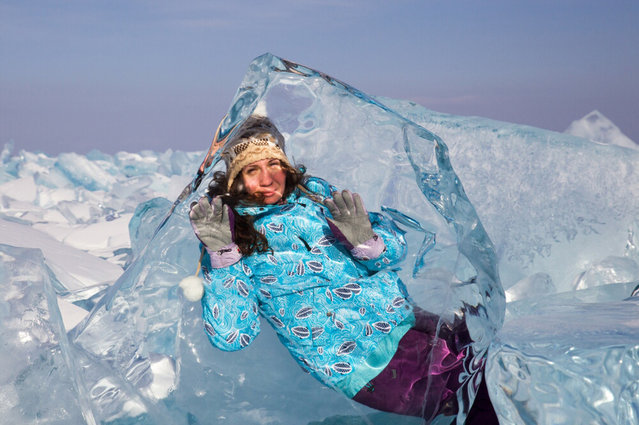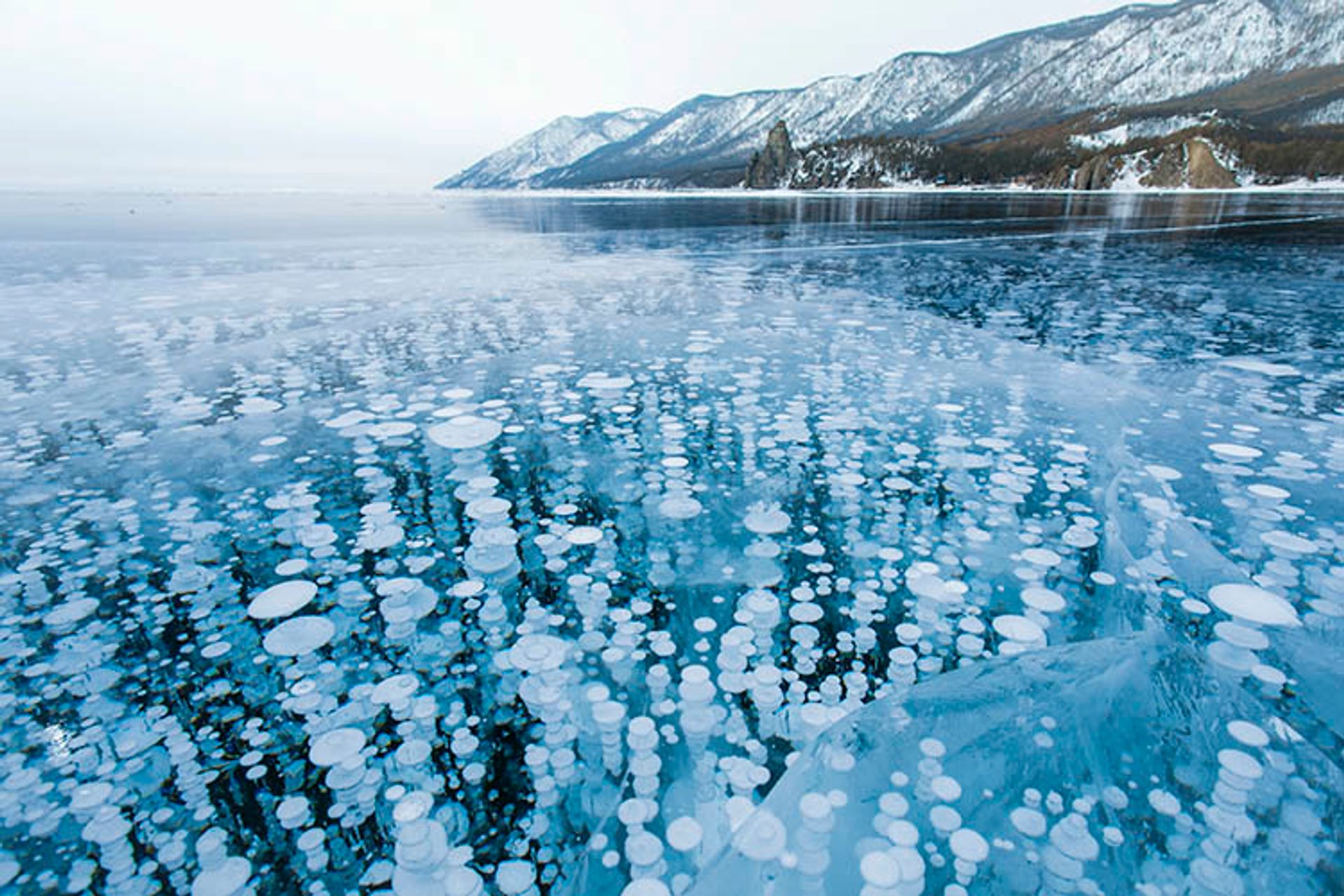'Worrisome and even frightening': Ancient ecosystem of Lake Baikal at risk of regime change from warming [View all]
By Jeffrey McKinnon published 23 minutes ago
Lake Baikal, the largest and most ancient of freshwater ancient lakes, had its start in the time of the dinosaurs and began to take its modern form well before the appearance of our own lineage, the Homininae.
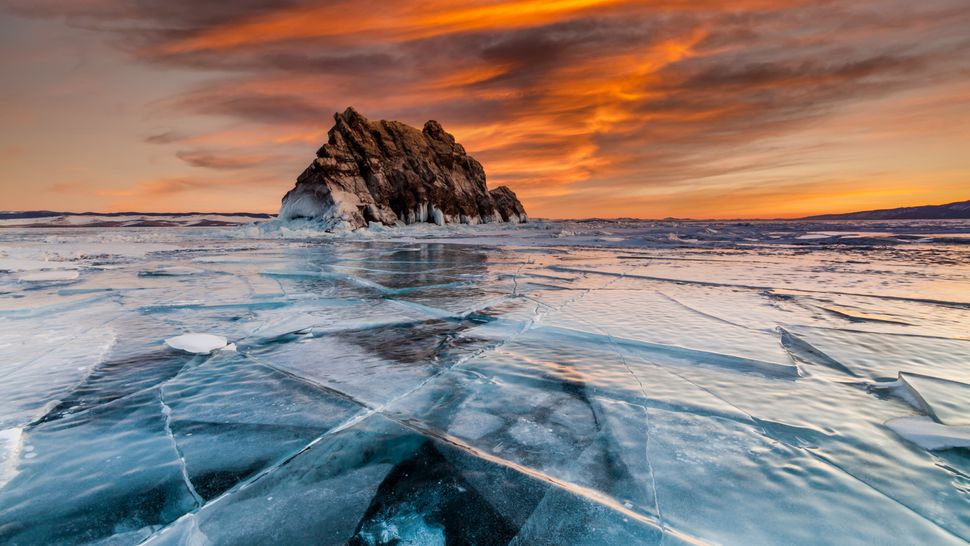
Sunset on Lake Baikal in winter near Elenka island.
Lake Baikal in Russia's southern Siberia is one of the oldest and deepest freshwater lakes in the world. (Image credit: Anton Petrus/Getty Images)
Lake Baikal, in southern Siberia, is the world's oldest and deepest freshwater lake and, due to its age and isolation, is exceptionally biodiverse — but this remarkable ecosystem is under threat from global warming. In this excerpt from Our Ancient Lakes: A Natural History (MIT Press, 2023), Jeffrey McKinnon examines the regime shift that is now taking place at the lake.
As the largest and deepest of freshwater lakes, with a vast volume comprising 20% of the planet's liquid fresh water, one might expect Lake Baikal to be resistant to change. Thus, there was a good deal of interest when comprehensive analyses began to appear in the 2000s of the 60-year data sets collected by Mikhail Kozhov, Olga Kozhova and Lyubov Izmest'eva.
These and other data show clearly that Baikal is warming and that the annual duration of ice is shrinking. It is also becoming apparent that these changes are affecting the lake's organisms indirectly through effects on other physical processes in the lake as well as directly. In some cases, changes in physical processes are affecting how organisms interact with each other.
In the first major report presenting comprehensive analyses of the data collected by the Kozhov family, Stephanie Hampton, of the U.S. National Center for Ecological Analysis and Synthesis (now at the Carnegie Institution for Science), Izmest'eva and a team of collaborators from multiple institutions reported on the biological changes that had accompanied the warming of Baikal.
More:
https://www.livescience.com/planet-earth/climate-change/worrisome-and-even-frightening-ancient-ecosystem-of-lake-baikal-at-risk-of-regime-change-from-warming

